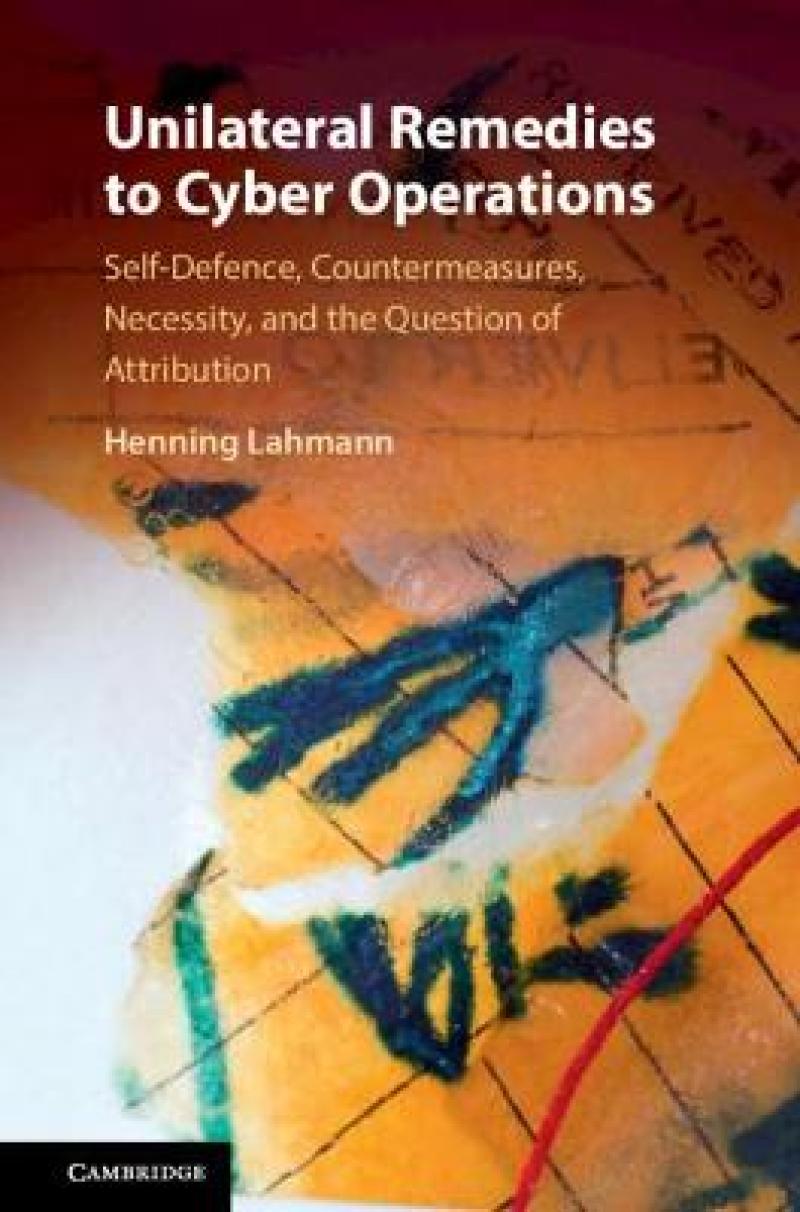'The book is remarkable in several aspects: firstly, it does give several new impulses to discussions surrounding cyber operations. This especially holds true for the analysis of customary necessity. Secondly, the author focusses on those areas that are in fact of practical relevance and not merely of an academic nature. Attribution is the essential part in this respect, as is the focus on unilateral remedies, especially those below the level of armed force … Lahmann's demonstrated broad and well-founded knowledge, not only in the cyber context but in general international law as a whole, gives the author's arguments considerable weight.' Johann-Christoph Woltag, ZaöRV/Heidelberg Journal of International Law
